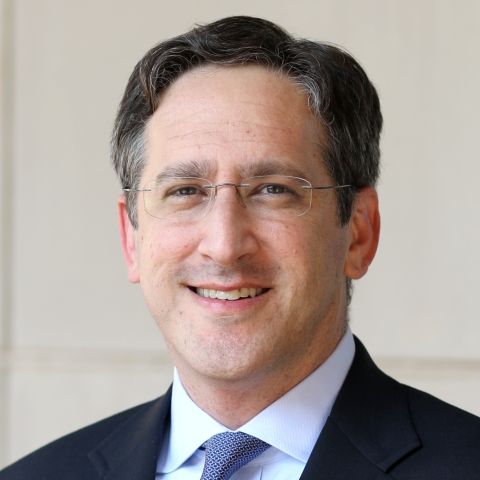

Hobby Lobby and the Establishment Clause, Part III: Reconciling Amos and Cutter
We have been arguing (here, here, and here) that a religious exemption to the contraception mandate would raise serious concerns under the Establishment Clause. In our last post, we rejected the argument that employees are not burdened when the government creates an exemption from a government-provided benefit. Here, we want to consider a different objection, namely, that the Supreme Court has, in fact, allowed religious employers to impose substantial burdens on their employees. This objection rests, in turn, on a more general claim, which is that the Establishment Clause does not prohibit costs shifting when the government lifts burdens it has imposed on private religious actors.
A number of critics, including Eugene Volokh (here), have argued that the Establishment Clause prohibition on cost shifting does not apply in Hobby Lobby. To make this argument, they rely upon the Supreme Court’s decision in Corporation of Presiding Bishop v. Amos, which held that religious non-profit associations have a statutory right, pursuant to a religious exemption in Section 702 of Title VII, to discriminate on religious grounds against employees who do not share their religious affiliation, even when those employees are performing otherwise secular functions.
Some have misread Amos to stand for the proposition that the Establishment Clause does not limit cost shifting when the government lifts burdens that it has created, but only when it imposes legal obligations on third parties. We reject this view because it flatly contradicts the Supreme Court’s decision in Cutter v. Wilkinson, which relied upon Estate of Thornton v. Caldor to hold that the Establishment Clause requires courts to “take adequate account of the burdens a requested accommodation may impose on nonbeneficiaries.” (We previously discussed Caldor here.)